With this Specific Conditions in Health and Social Care course explore the needs and experiences of individuals with specific conditions. Explore the importance of promoting positive health and wellbeing for individuals, what adjustments may be needed in care and delivery whilst also understanding legal frameworks, policies and guidelines relating to specific conditions.

Course Overview
Format
- Introductory Course
- 30 Study Minutes
- Online Study
- Self-Printed Certificate
Accreditation
- 1 CPD Hour
- CPD Certified
Course description
This course consists of 3 sections, focusing on learning disabilities, dementia and mental health. In each section the social model of disability will be applied, providing examples for you to consider. Always remember to read and follow the individuals care plan or support plan.
This 30-minute course can be used as an introduction or as refresher training to ensure that all learners have up to date knowledge of Specific Conditions in Health and Social Care.
Learning Outcomes for this course include:
- The needs and experiences of individuals with specific conditions
- The importance of promoting positive health and wellbeing for individuals with specific conditions
- The adjustments which may be necessary in care and delivery relating to specific conditions
- The legal frameworks, policy and guidelines relating to specific conditions
- The importance of supporting individuals with specific conditions
Accreditation
The content of this course has been independently certified as conforming to universally accepted Continuous Professional Development (CPD) guidelines.
Certification
At the beginning of each module learners will be asked to answer a “knowledge check” question. Answering the question correctly will allow learners the opportunity to skip this section. However, if they wish to complete it anyway, they are still able to.
On completion of this course, learners will be able to print a Virtual College certificate. Learners must complete the course to obtain their certificate.
Duration
30 study minutes to complete. The length of time taken depends entirely on how quickly learners can study and absorb the material.
Target Audience
This training is designed for anyone working in a role that cares for people with mental health difficulties, suffers from dementia or learning disabilities such as care workers and support workers who want to get a good understanding of what is required of them within their role as well as for anyone working in a Health and Social Care setting wanting annual refresher training.
Entry Requirements
There are no specific entry requirements for this course.
Framework
Our Specific Conditions in Health and Social Care online training course is mapped to the Skills for Care Core and Mandatory Training Framework.
Here we explain the framework and its importance.
Skills for Care Core and Mandatory Training Framework:
The Core and Mandatory Training framework was produced by skills for care in partnership with a panel of social care employers, learning providers and representative organisations and was updated in line with CQC’s revised inspection framework.
It sets out a series of minimum learning objectives and a suggested refresher frequency, to support care organisations to provide their staff with a foundation of learning and refresher opportunities.
You will learn
- The needs and experiences of individuals with specific conditions
- The importance of promoting positive health and wellbeing for individuals with specific conditions
- The adjustments which may be necessary in care and delivery relating to specific conditions
- The legal frameworks, policy and guidelines relating to specific conditions
- The importance of supporting individuals with specific conditions
Who is it for?
Roles including:
- Care workers in residential/domiciliary settings, or support workers, wanting to get a good understanding of what is required of them within their role
- For anyone working in a Health and Social Care setting wanting annual refresher training
- Anyone working in a role that cares for people with mental health difficulties, suffers from dementia or learning disabilities
- Doctors
- Nurses
- Carers
- Hospice Staff




